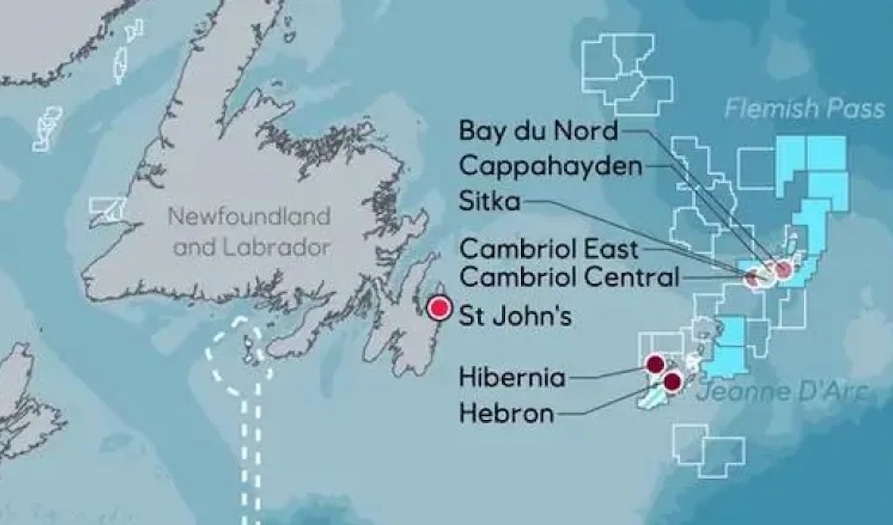I don't know the answers to your questions. As an outsider, I don't know the internal dynamics of the province or the provincial NDP. At best, I can make a guess at what might be happening based on what I know from a distance.
In a province whose population has declined from 529,426 to 522,103 between 2016 and 2020 because of economic conditions people are looking any economic lifeline they can find even if it is tied to a slowing sinking anchor in the form of the fossil fuel industry. The following summary of part of Alison Coffin's comments in the February election debate might give some clues:
While NDP Leader Alison Coffin didn't call for curtailing the industry — she said the offshore holds "tremendous potential" for Newfoundland and Labrador — she used some of her televised debate time to slam the Liberals' recent investment decisions in the offshore.
"It is foolish for us to throw good money after bad. There has been no promise of guaranteed jobs," Coffin said.
The federal government gave $320 million to the province in September to spend on a sector that has been battered by the pandemic and roller-coaster global prices, and in the months following, the Liberals began handing it out. In December, $41.5 million went to Husky Energy to keep 331 jobs and its idled West White Rose project inching along, while the Hibernia platform got $38 million to create 148 jobs by 2022. Another $175 million could potentially go to the operators of the Terra Nova floating production, storage and off-loading vessel in an announcement that came just a day prior to the Liberals calling the election.
None of that spending satisfied the NDP.
https://www.cbc.ca/news/canada/newfoundland-labrador/oil-industry-debate...
In my opinion, Coffin is totally correct in her analysis of oil as a sunset industry and I support her in this, but I suspect there is part of the party that sees the province being dependent for their individual relatively high incomes, especially in St. John's (where her riding is) which boomed and where property prices rose sharply from offshore oil until it all collapsed around 2015. Some party supporters and perhaps those in unions related to the oil industry may not want to hear talk of the end of fossil fuel subsidies to keep the offshore alive and growing. The fact that Trudeau has allowed test wells for a new oilfield offshore that have twice hit oil could lead to a new oilfield coming onstream and with it good paying jobs. The tragedy is that this would only add to Canada's ranking as the number #1 in the world in per capita fossil fuel use (https://www.nationalobserver.com/2021/10/07/news/any-way-you-slice-it-ca...) and end in a bust even if initally successful as the world shifts away from fossil fuels kicking and screaming like a hooked addict as the evidence and death toll from global warming mount.
I personally liked her as a fighter for social justice, but that fighter personality sometimes rubs some people the wrong way, even people supposedly on your side. I remember a person who struck me as one of the nicest people I ever met, who told me that he had been selected by his organization to do a 360 degree review through interviews of his workplace probably because he had no enemies and could be trusted by everyone . He was shocked to learn how much personal and petty animosities there were between organization members.
I did look at the NDP Newfoundland website before, during and after the election, and was surprised to see no new press releases since the election on the website until just before the party review vote despite the fact they were fairly common before the election. Since press website press news buletins are virtually costless, this surprised me even if the party was facing financial hardship. It made the party look as if it had gone into a dormant state to outside eyes, whether that is true or not. Could this have fed a poor image of Coffin? I don't know.
Finally, nearly all her media pictures show her hair flying wildly, despite my having seen her in debates and elsewhere with well kept hair. This may seem trivial and in one sense is totally trivial. However, in the 1960s during Allende's first run for president of Chile which he lost, the CIA carried out an experiment in which they showed pictures of Allende looking wild on top of written articles that were actually favourable to him. They found the pictures dominated many people's image of Allende as a wild-eyed communist despite the good written coverage. They then were able to plant some of these pictures with favourable written support in moderately left-wing papers that would not have otherwise accepted totally negative articles. Did Coffin get some of this kind of coverage either accidently or deliberately? With her being a woman, there is of course additional traditional social taboos for women not looking perfect that would further compound any negative feedback on her.
As to who replaces her, I don't know. Does MLA Jim Dinn being interim leader mean he is not going to run for the leadership, which is now usually what happens in most parties? Does MLA Jordan Brown, who is only 32 but was elected in an enormous upset by two votes and then won by 50.0% to 28.7% over the Liberal candidate in a trending Liberal election, simply a very good riding representative or could he be a popular NDP leader? Should the party go outside the legislature and its current two MLAs to find a leader? I don't know and it isn't my decision as an outsider.


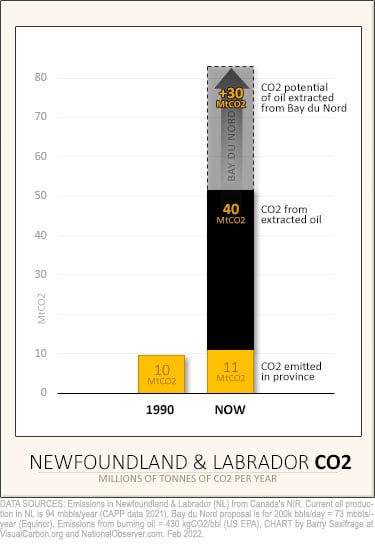
 Premier Andrew Furey
Premier Andrew Furey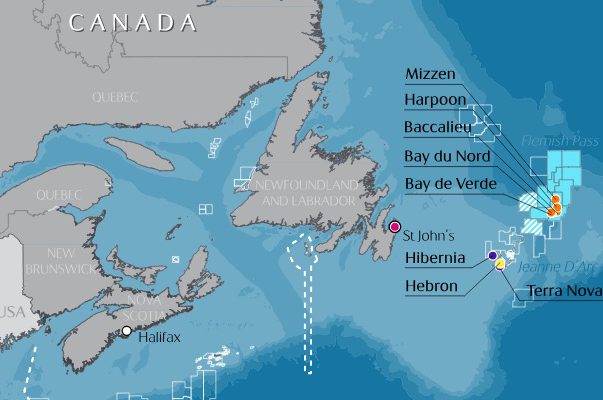
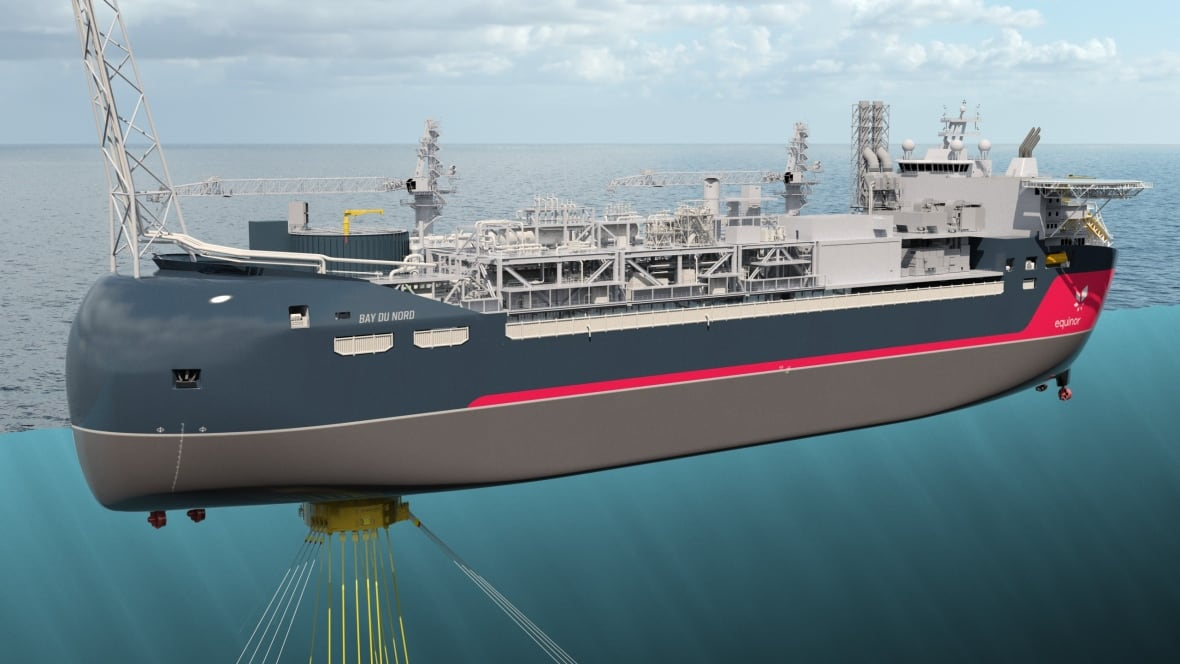 An illustration of the Bay du Nord proposal off the coast of Newfoundland and Labrador. Photo courtesy of Equinor
An illustration of the Bay du Nord proposal off the coast of Newfoundland and Labrador. Photo courtesy of Equinor
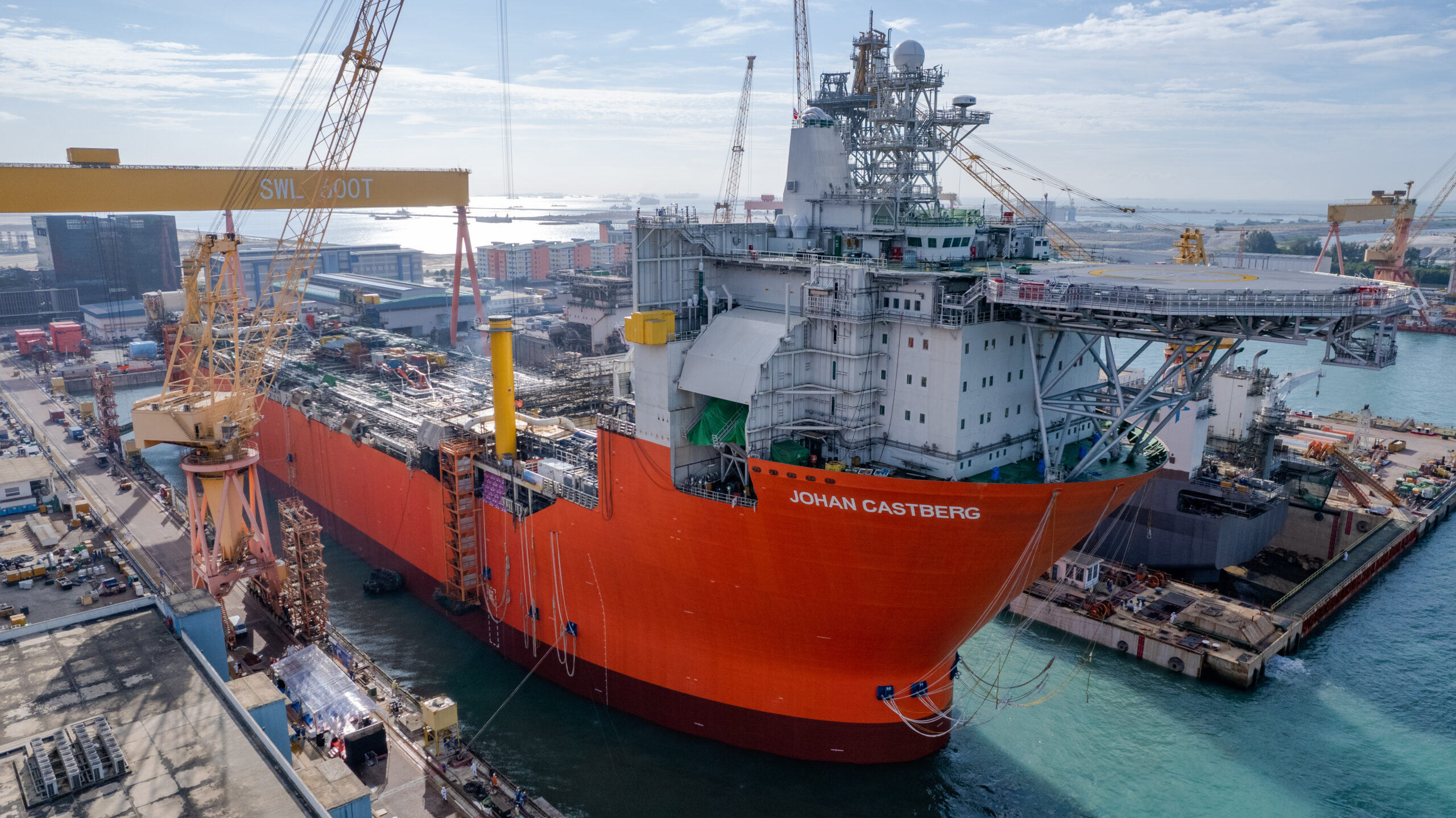 One of Equinor’s Floating, Production, Storage and Offloading vessels, like the one proposed for use on the Bay du Nord project, for drilling into oil reserves below the seafloor. Photo: Equinor
One of Equinor’s Floating, Production, Storage and Offloading vessels, like the one proposed for use on the Bay du Nord project, for drilling into oil reserves below the seafloor. Photo: Equinor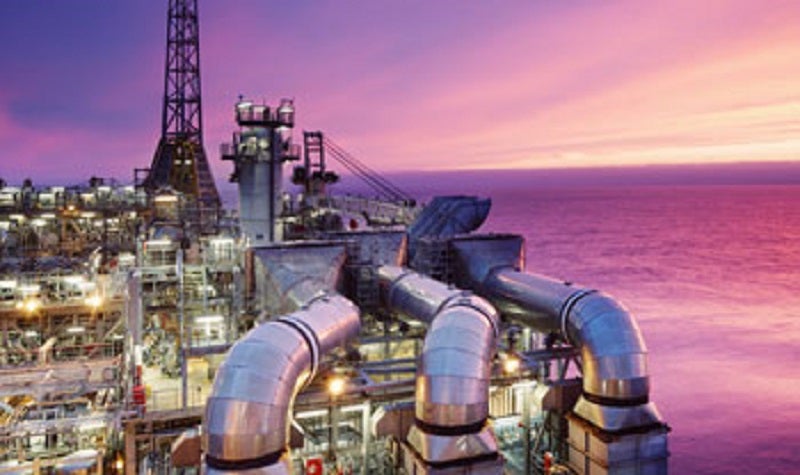
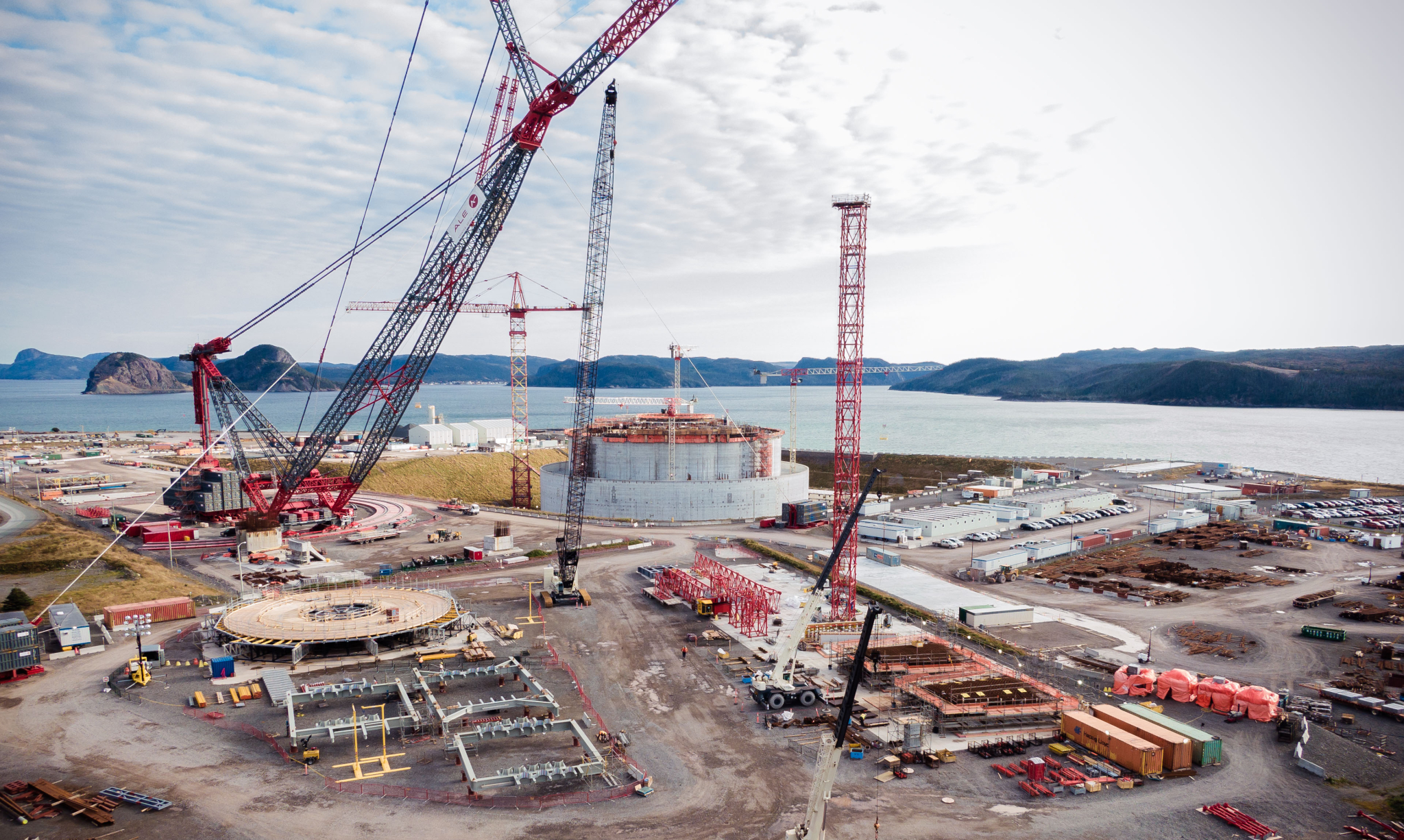 Construction of the West White Rose project was halted in 2020 due to a pandemic plunge in oil prices, but is starting up again with high oil prices and Trudeau and Furey government approval. Photo courtesy of Pennecon
Construction of the West White Rose project was halted in 2020 due to a pandemic plunge in oil prices, but is starting up again with high oil prices and Trudeau and Furey government approval. Photo courtesy of Pennecon
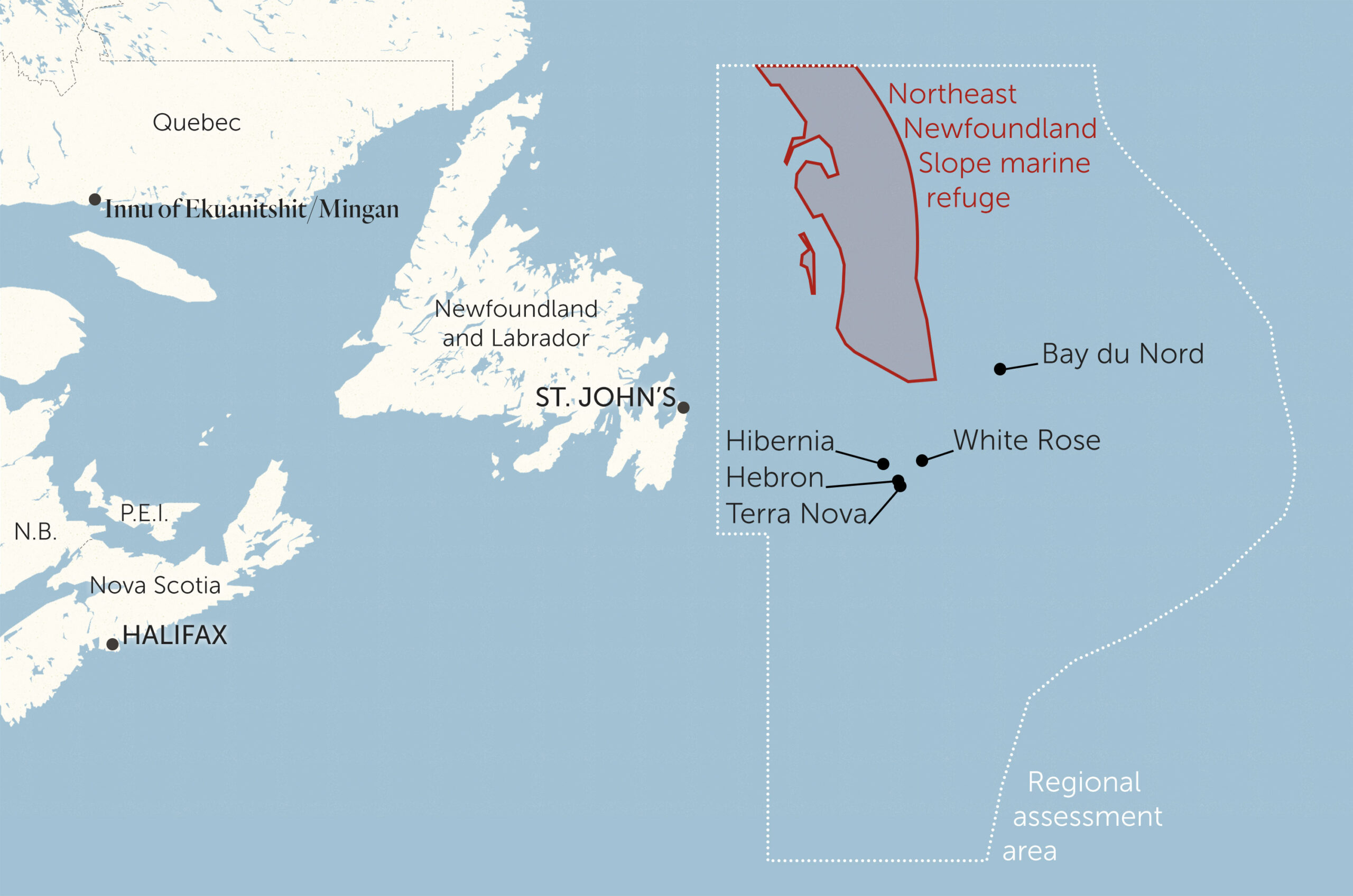


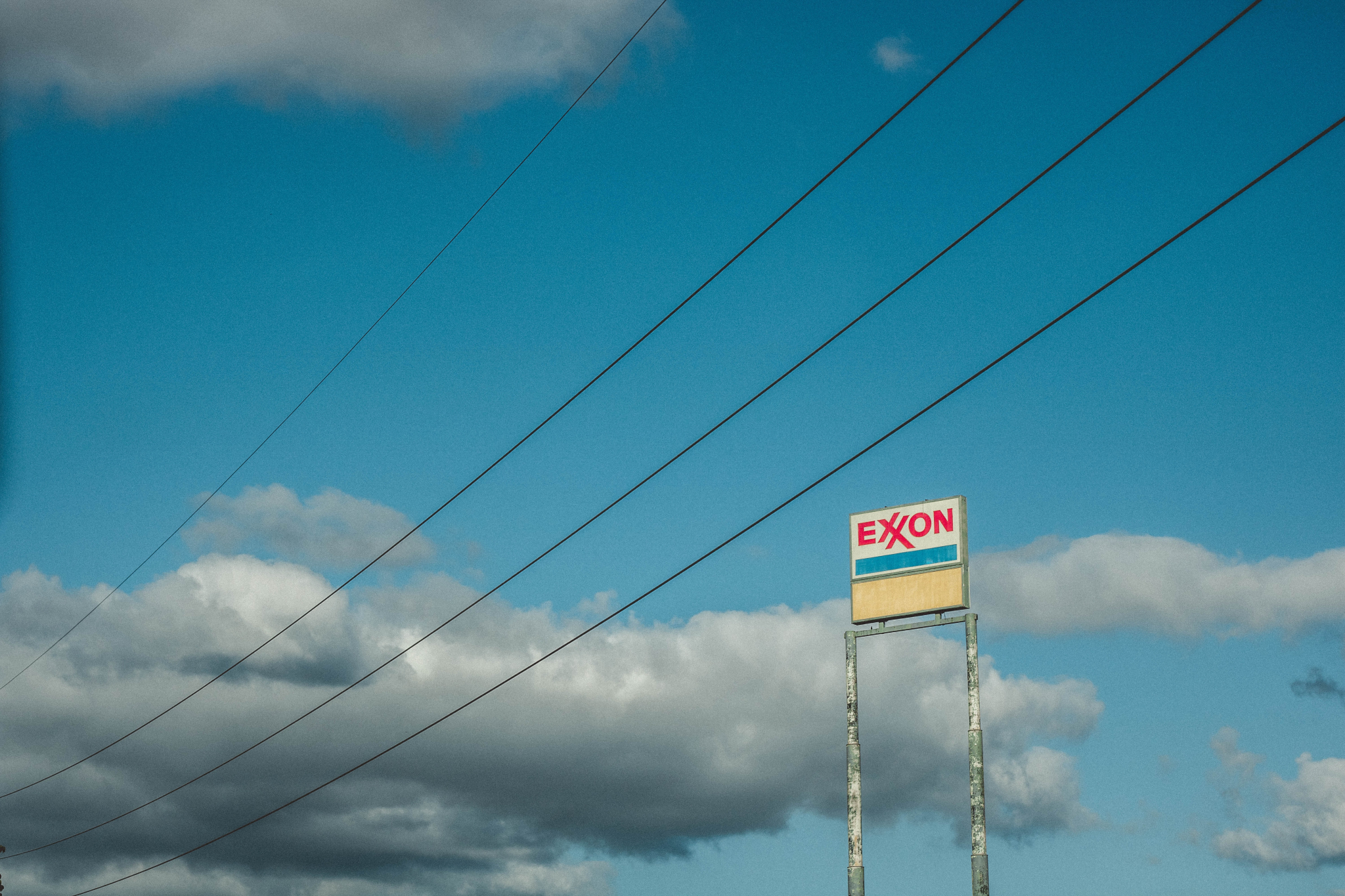
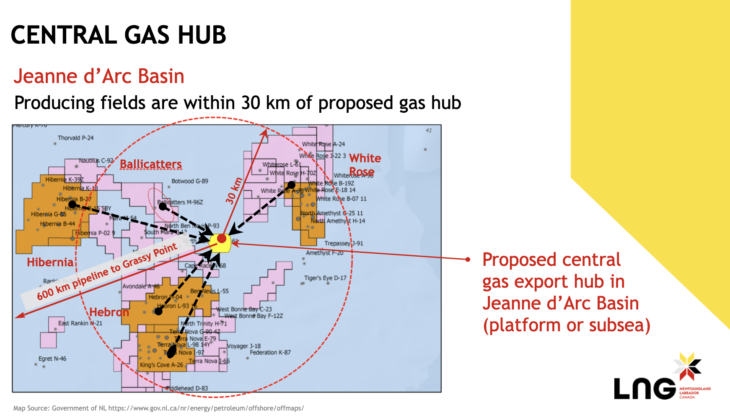
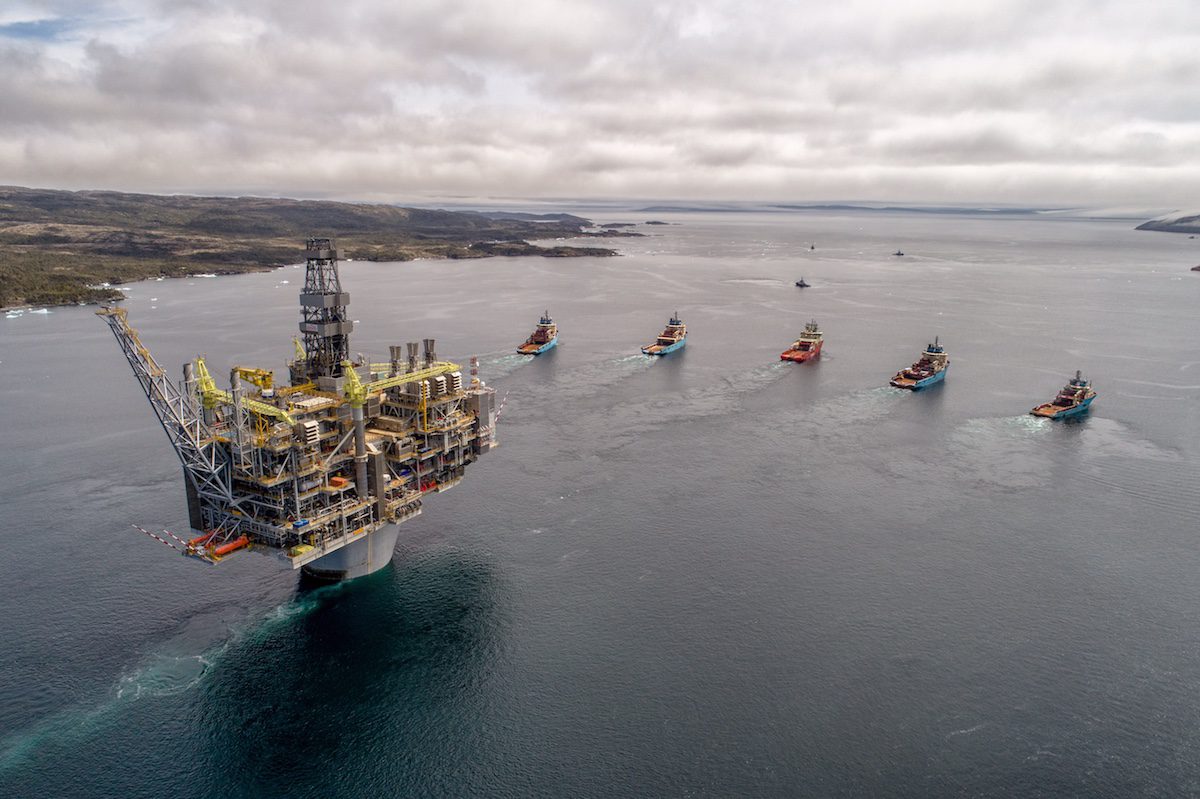
 (L-R) Liberal MP Gudie Hutchings, Newfoundland and Labrador Premier Andrew Furey, Canadian Prime Minister Justin Trudeau and German Chancellor Olaf Scholz speak as they arrive on Tuesday, Aug. 23, 2022 in Stephenville, N.L. THE CANADIAN PRESS/Adrian Wyld
(L-R) Liberal MP Gudie Hutchings, Newfoundland and Labrador Premier Andrew Furey, Canadian Prime Minister Justin Trudeau and German Chancellor Olaf Scholz speak as they arrive on Tuesday, Aug. 23, 2022 in Stephenville, N.L. THE CANADIAN PRESS/Adrian Wyld
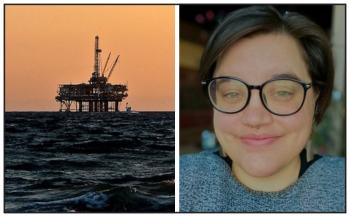

 Equinor lawyer arguing in court that the lawsuit against developing the Bay du Nord oil project should be dismissed.
Equinor lawyer arguing in court that the lawsuit against developing the Bay du Nord oil project should be dismissed.:format(jpeg)/cloudfront-us-east-1.images.arcpublishing.com/tgam/LFIQ7INIEZIURKBLMS4SHNM6IM.jpg)

